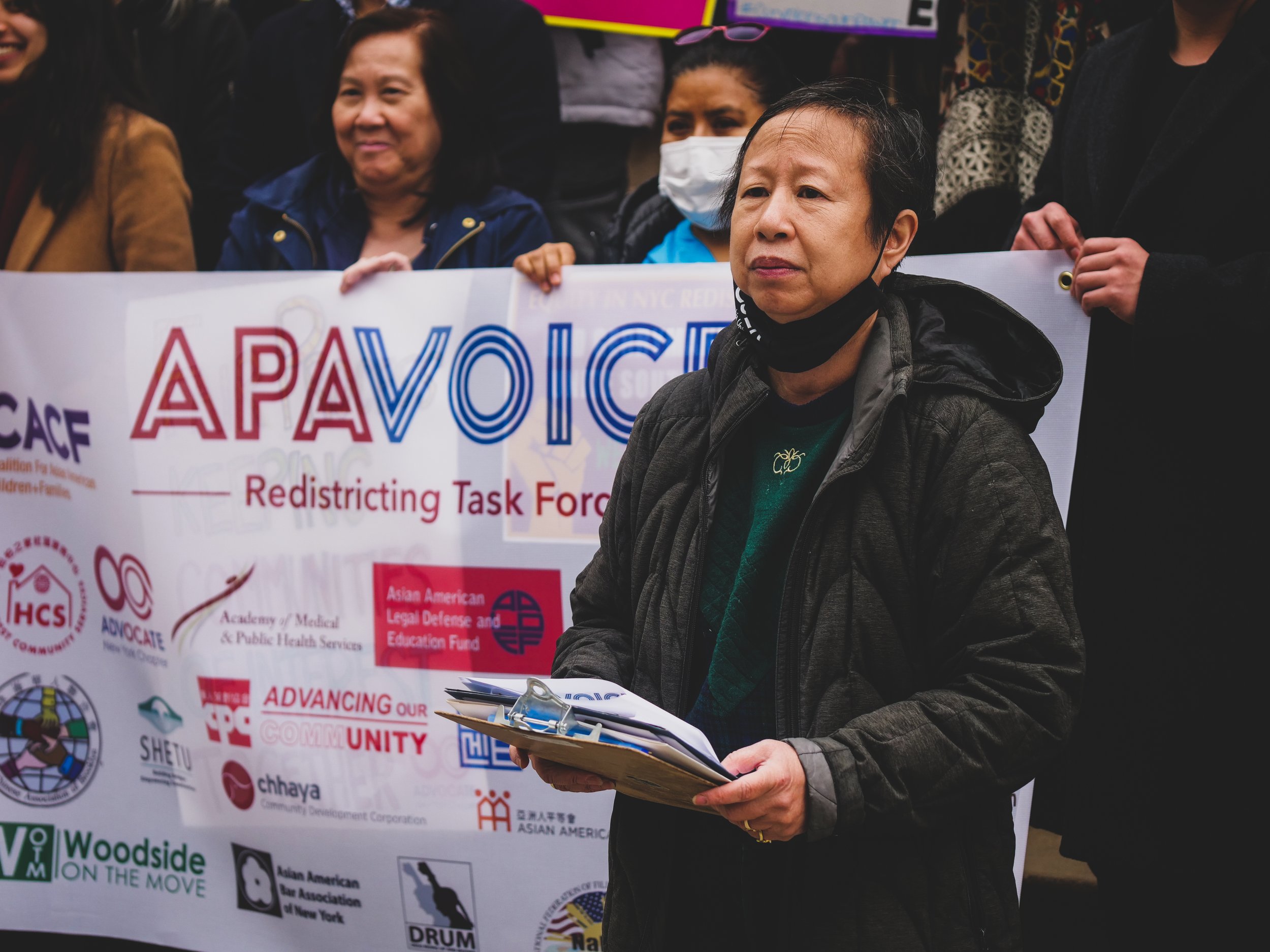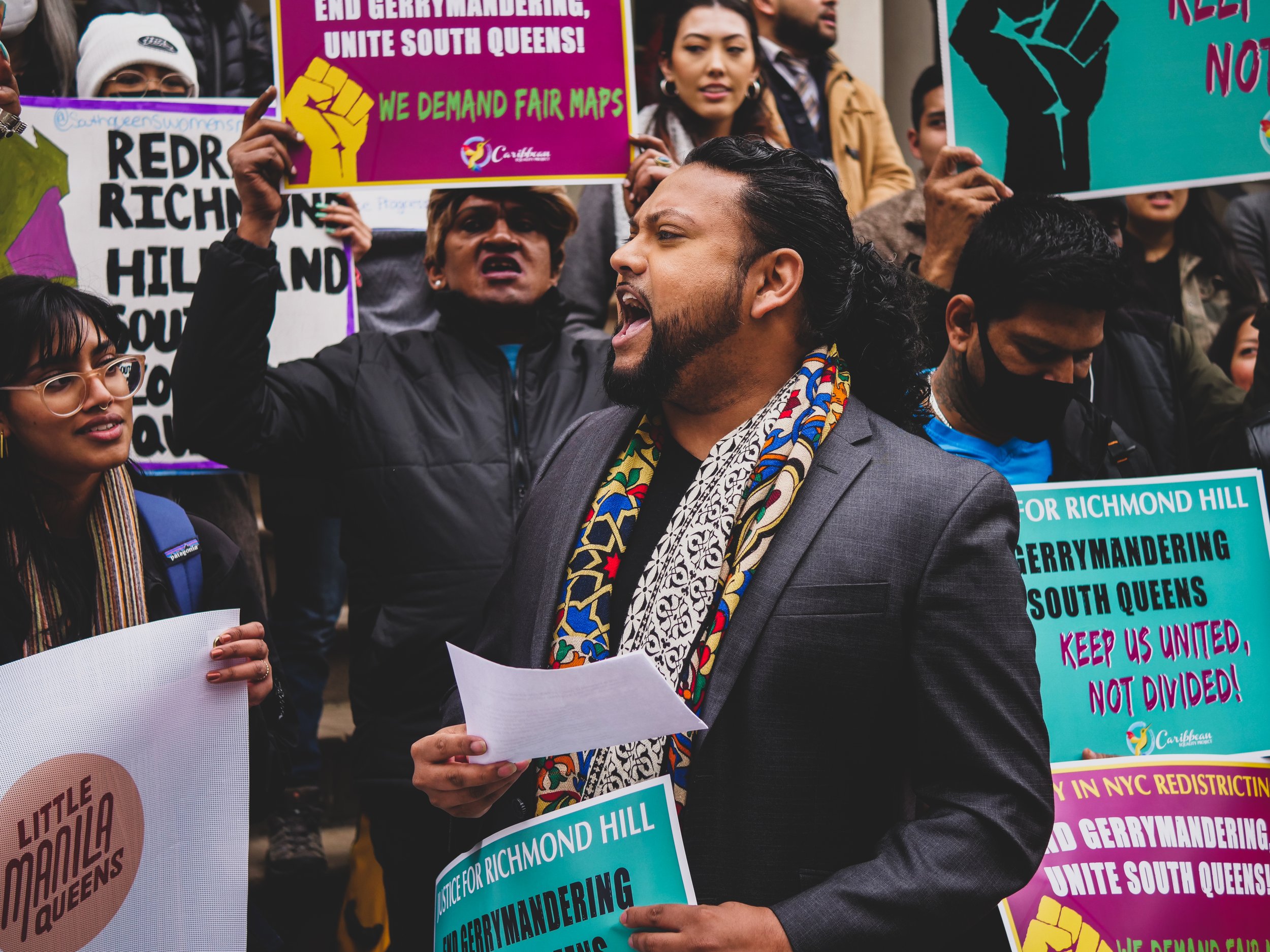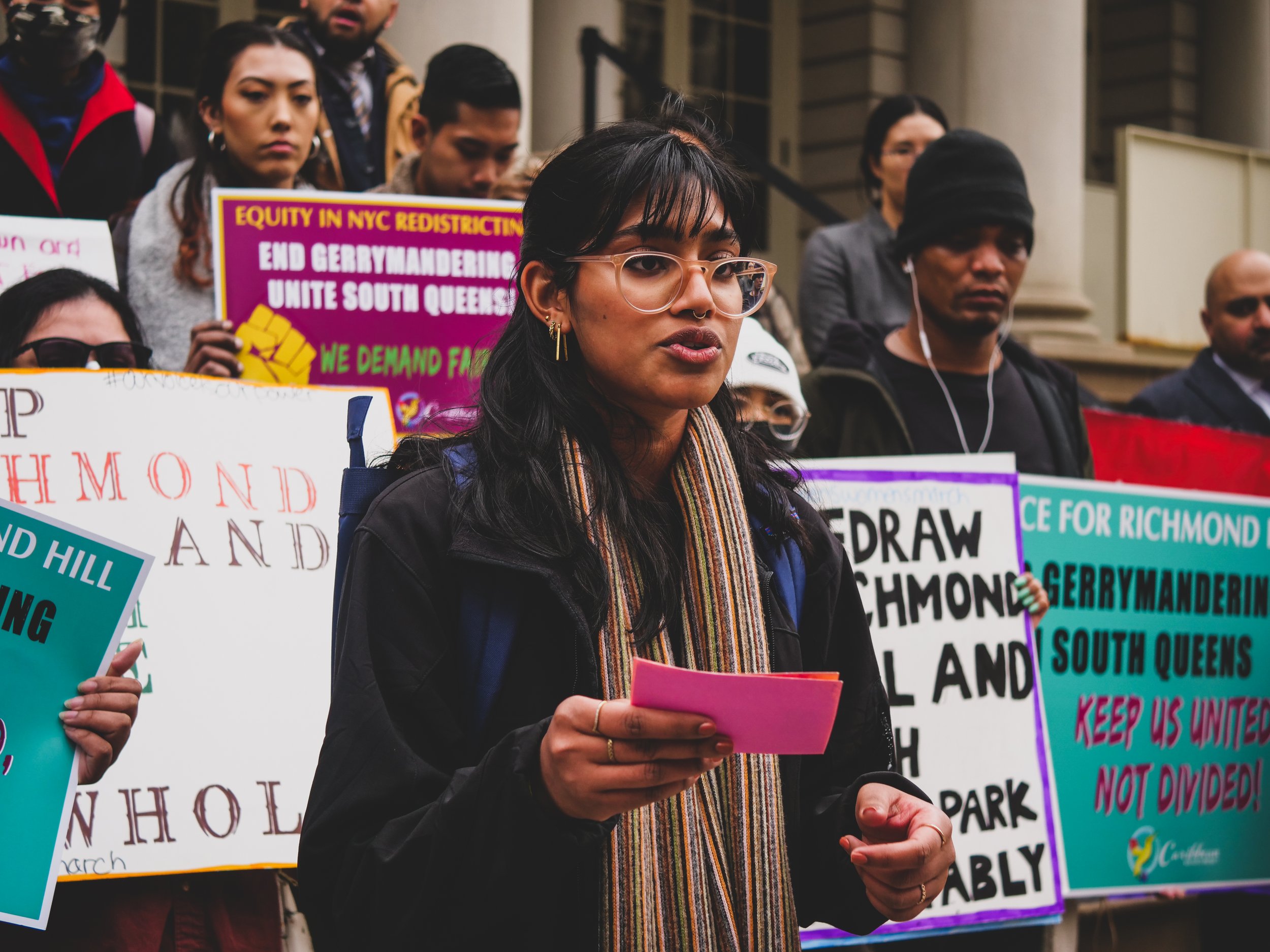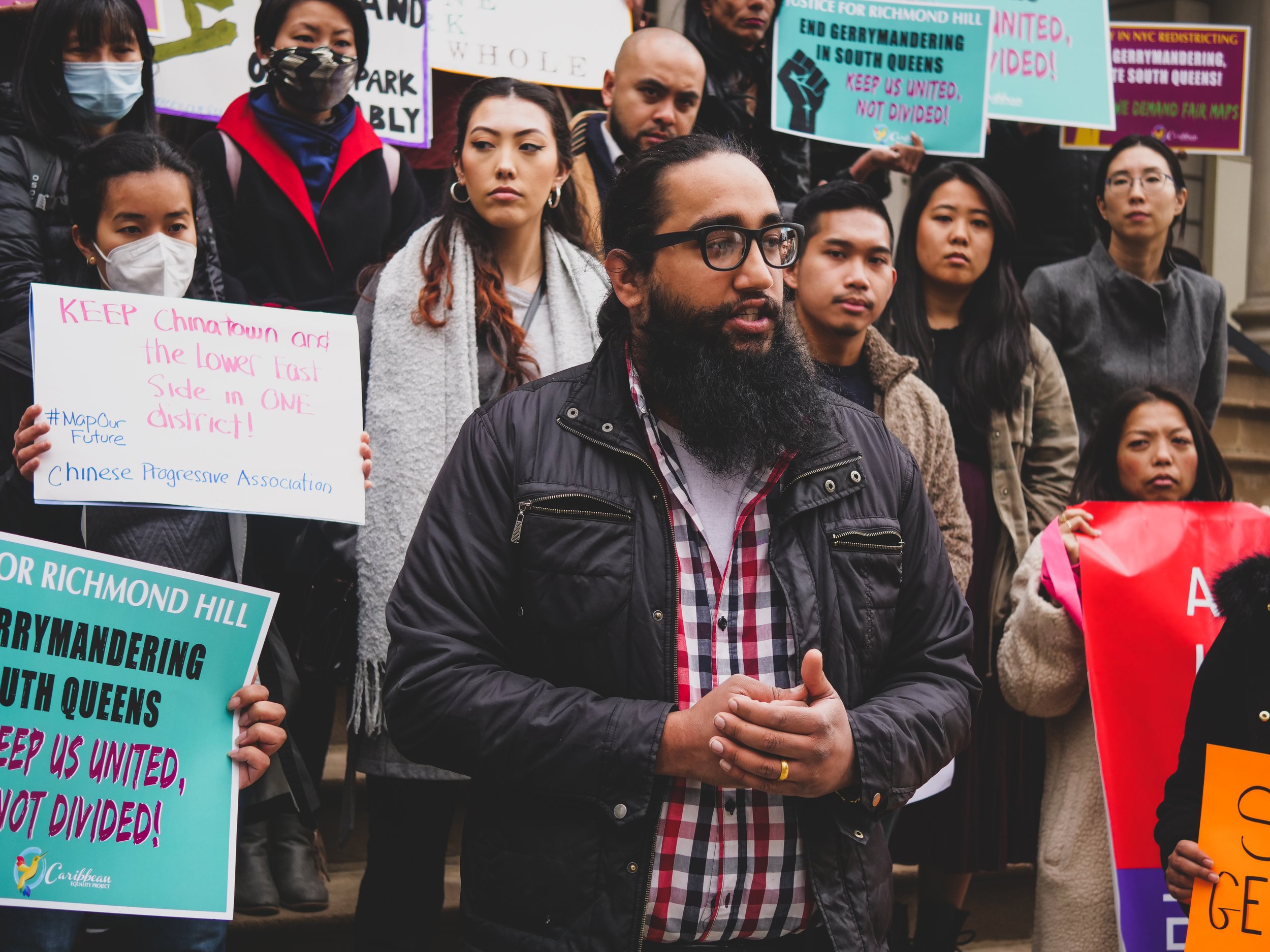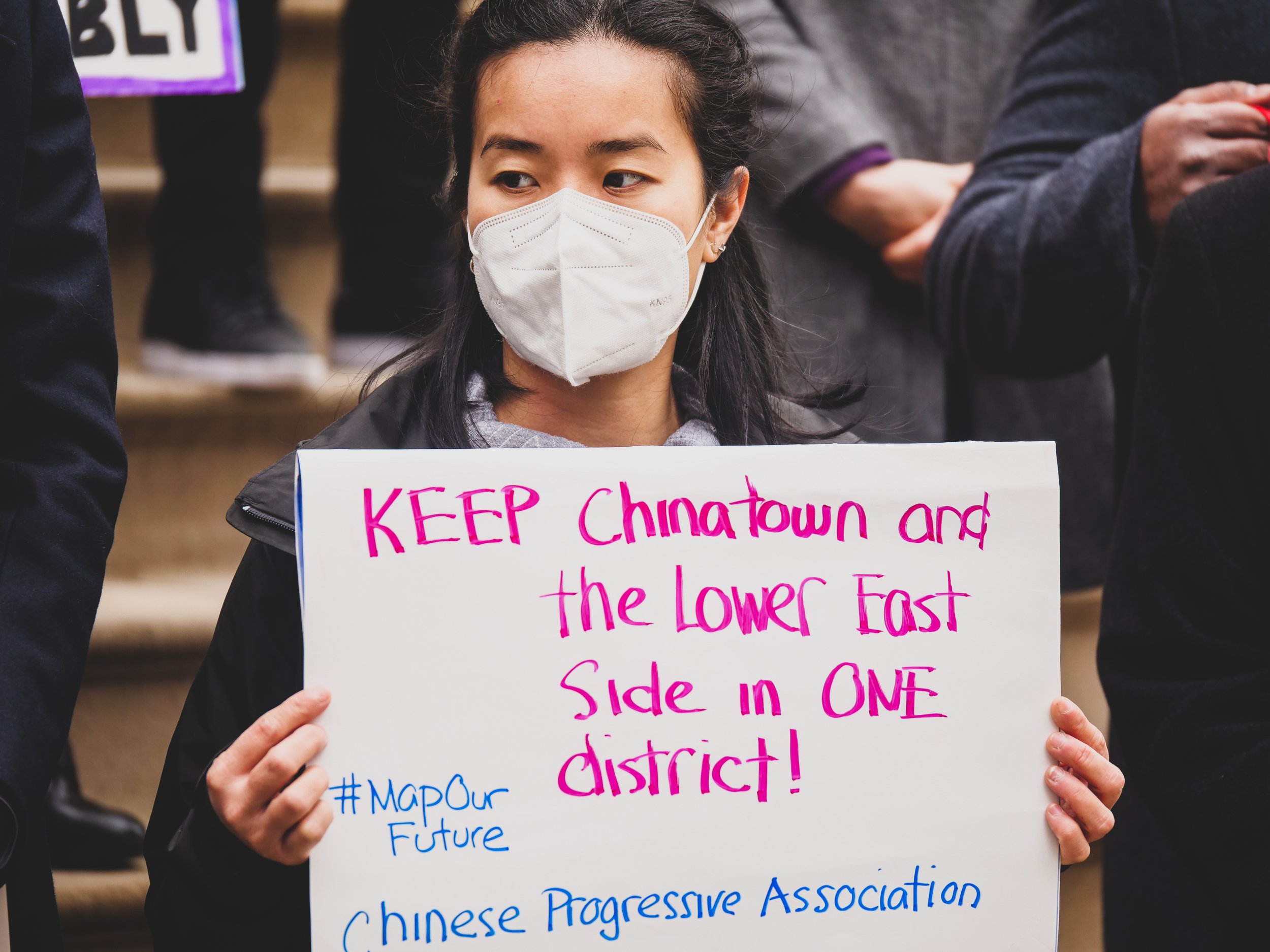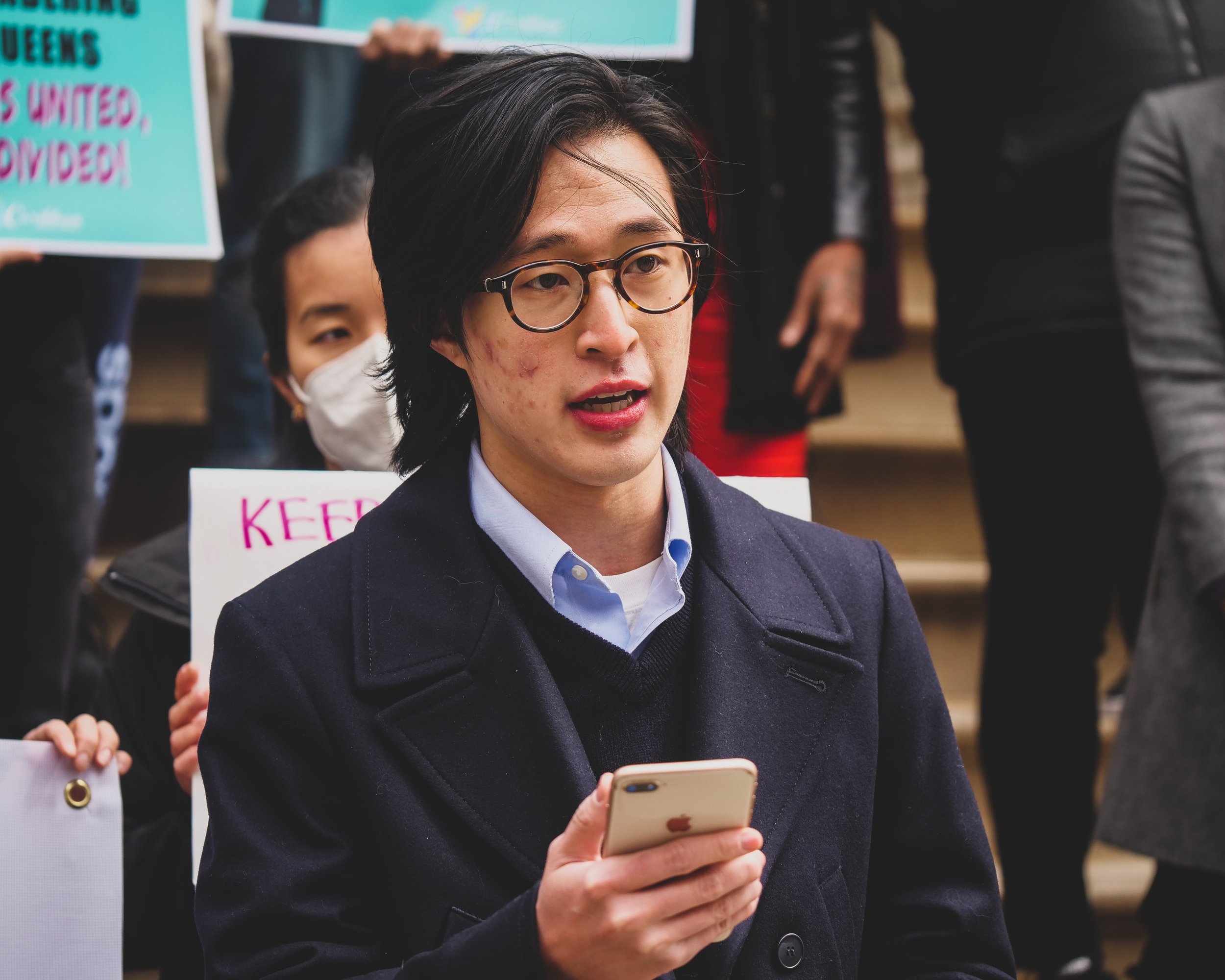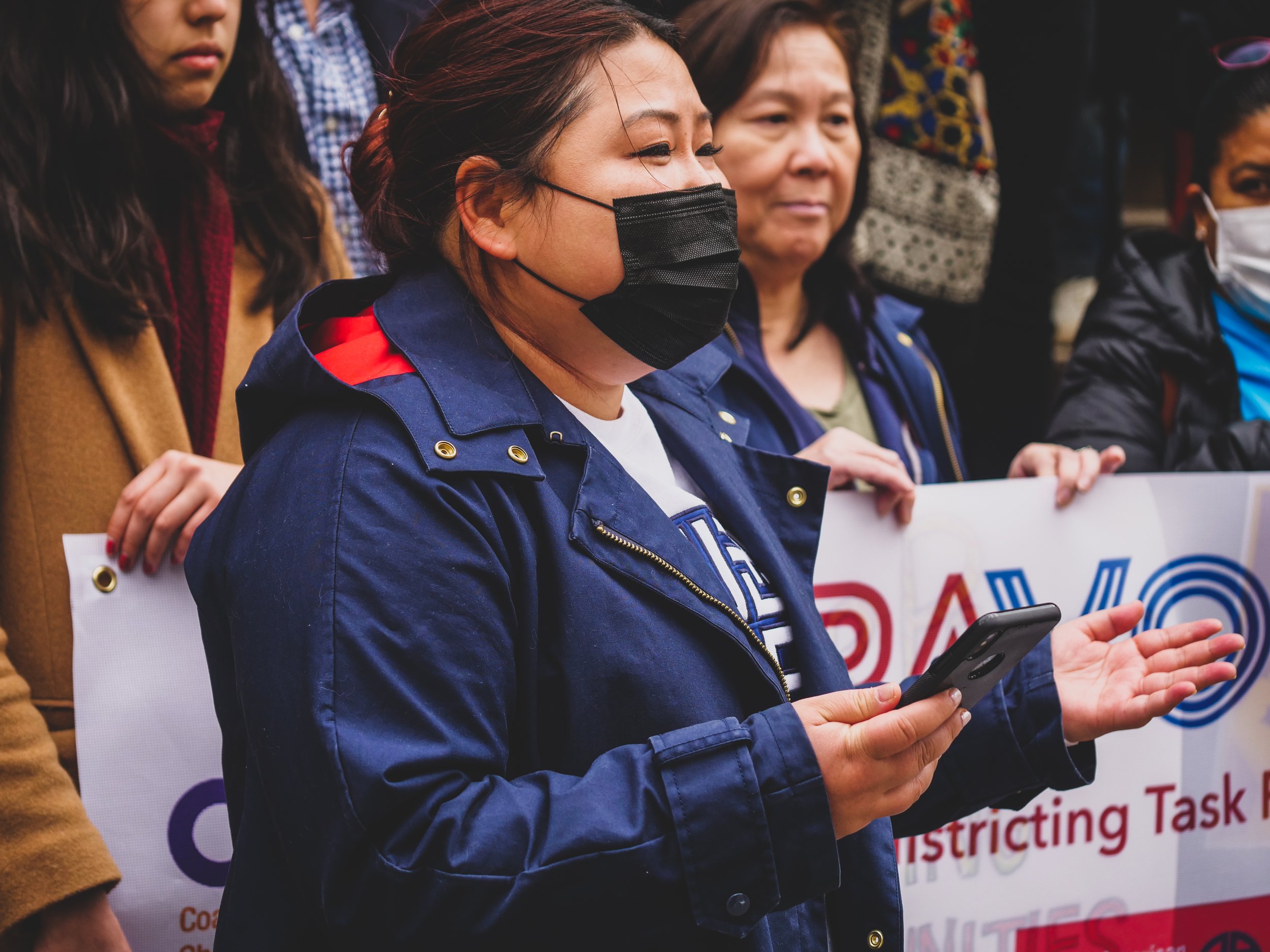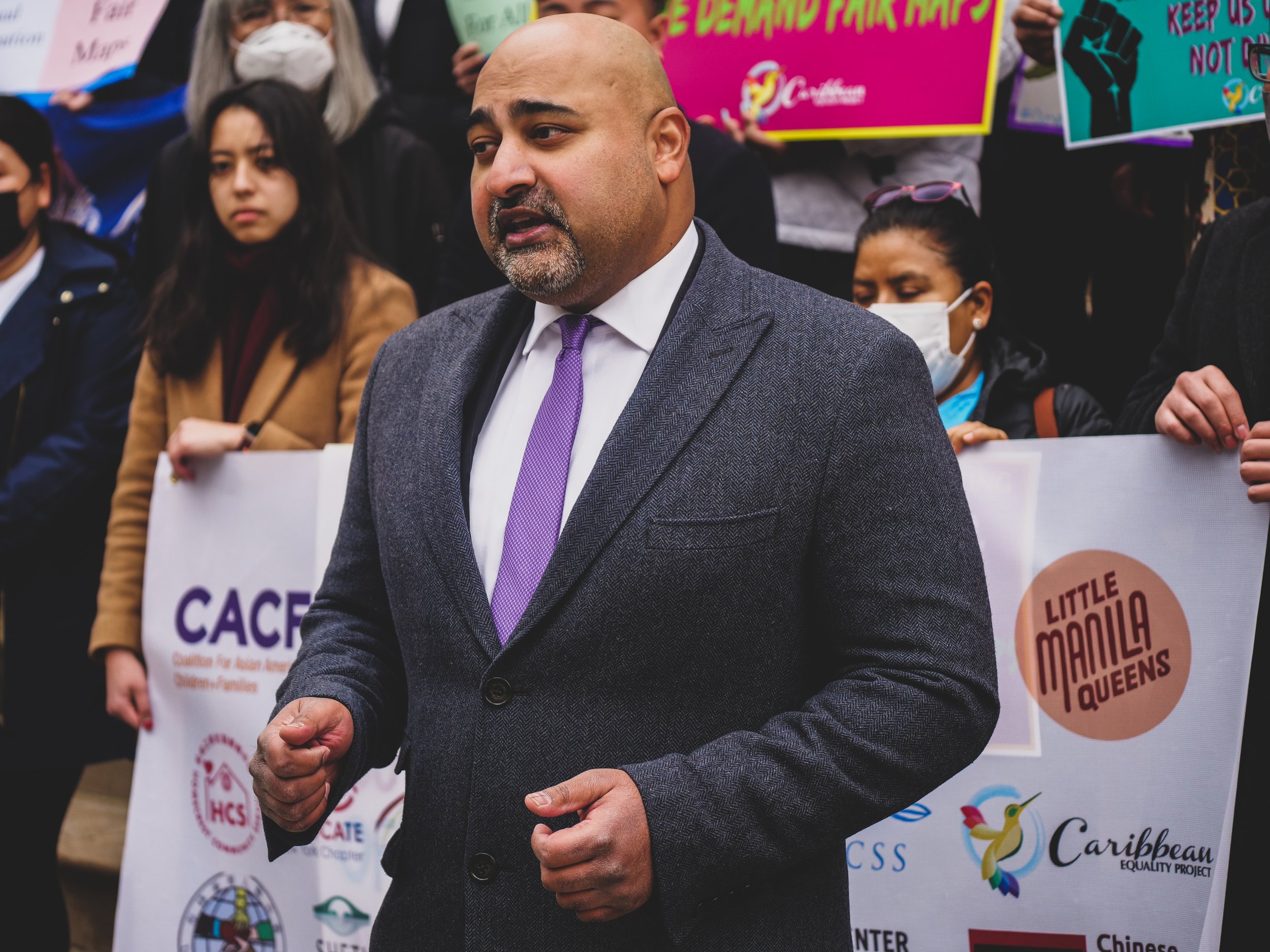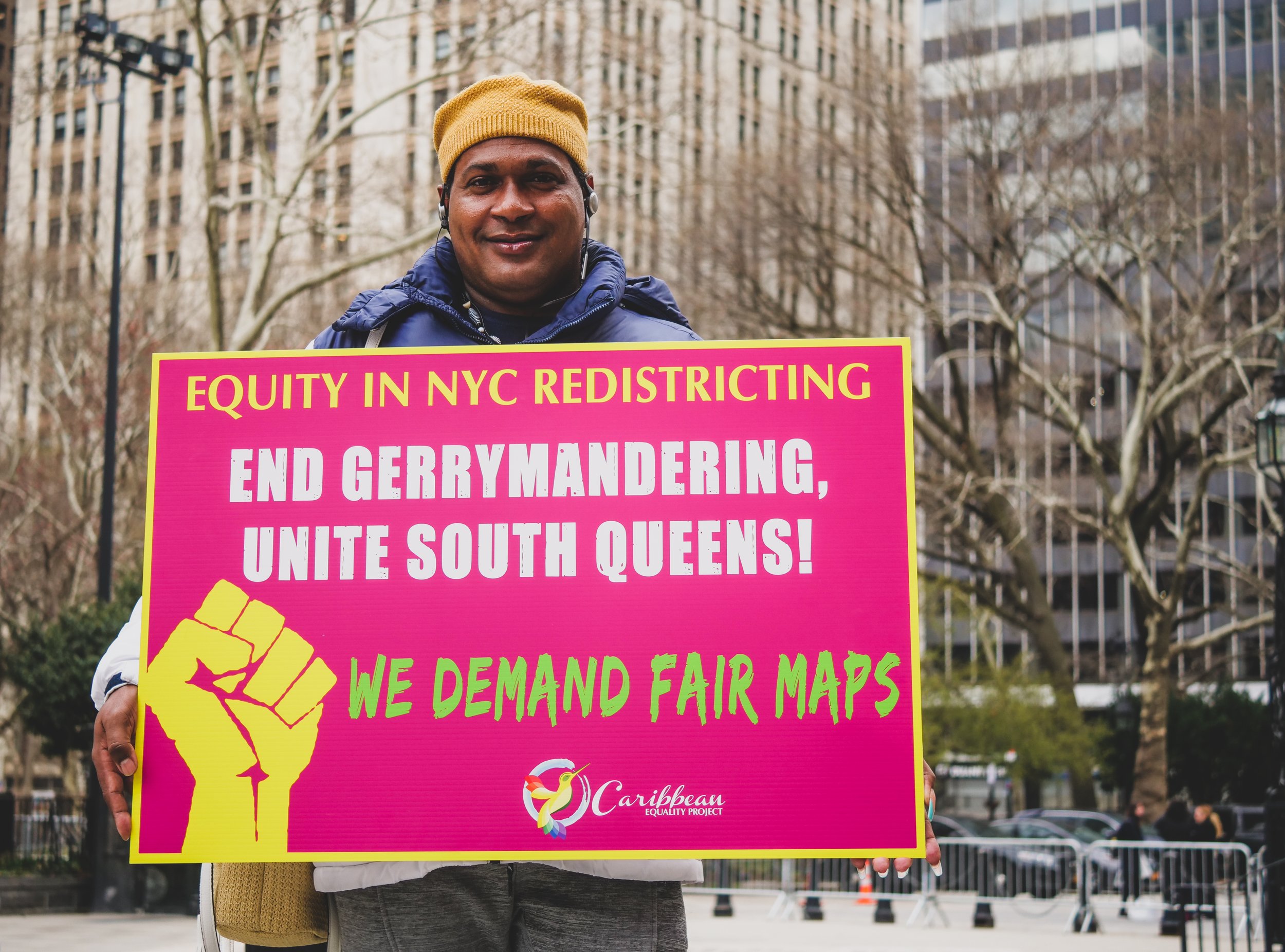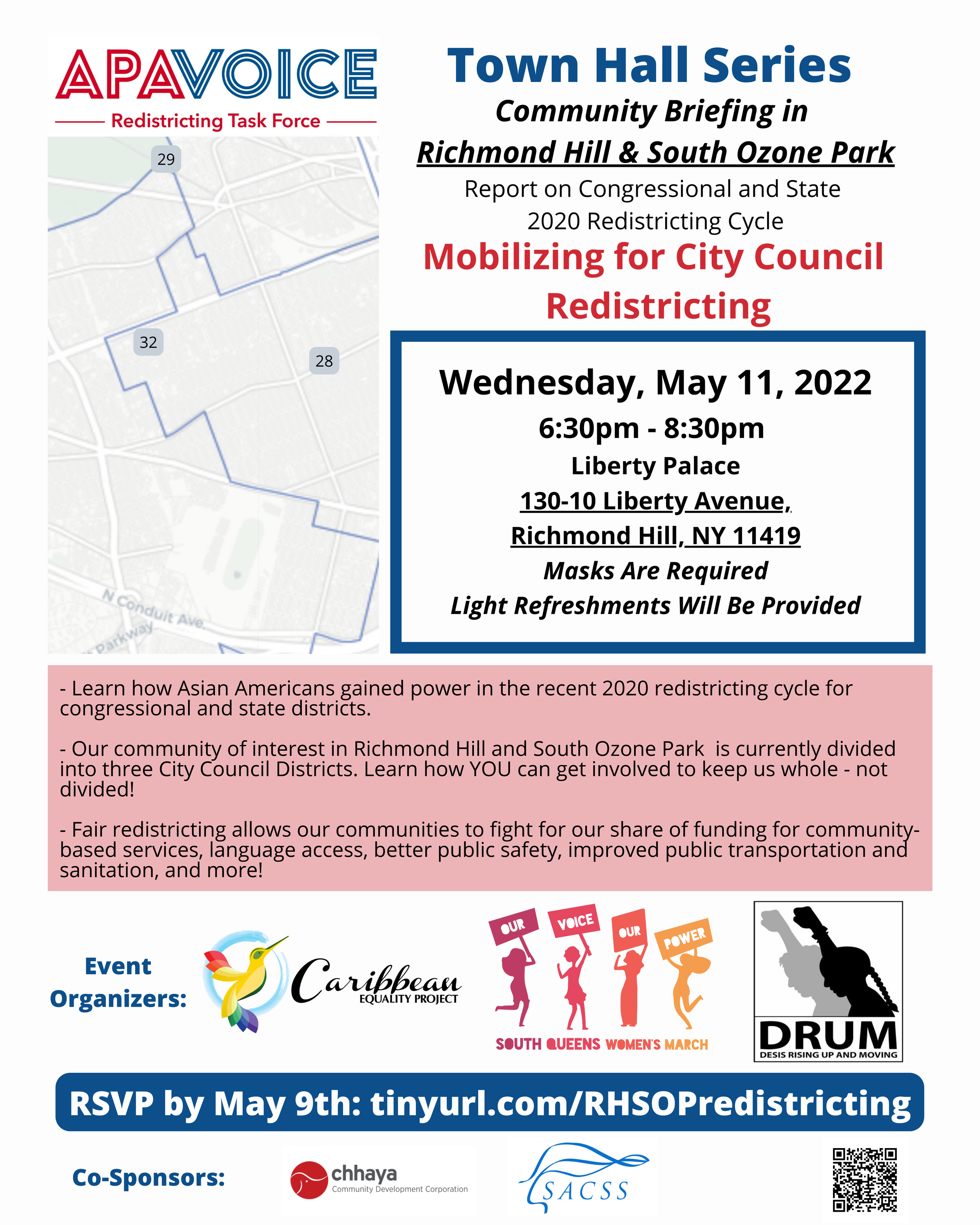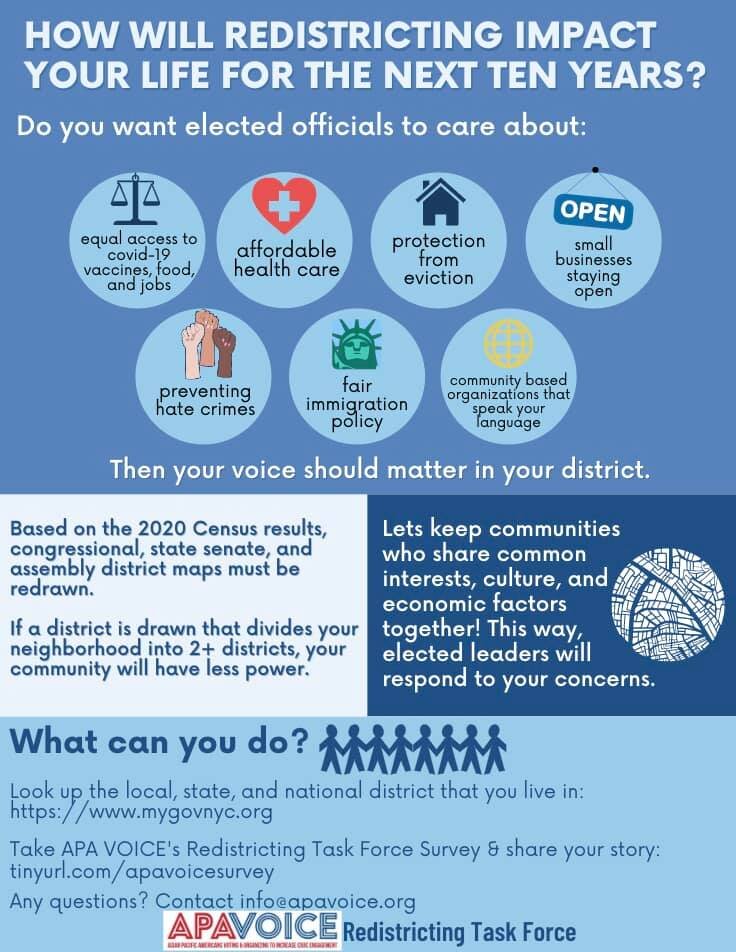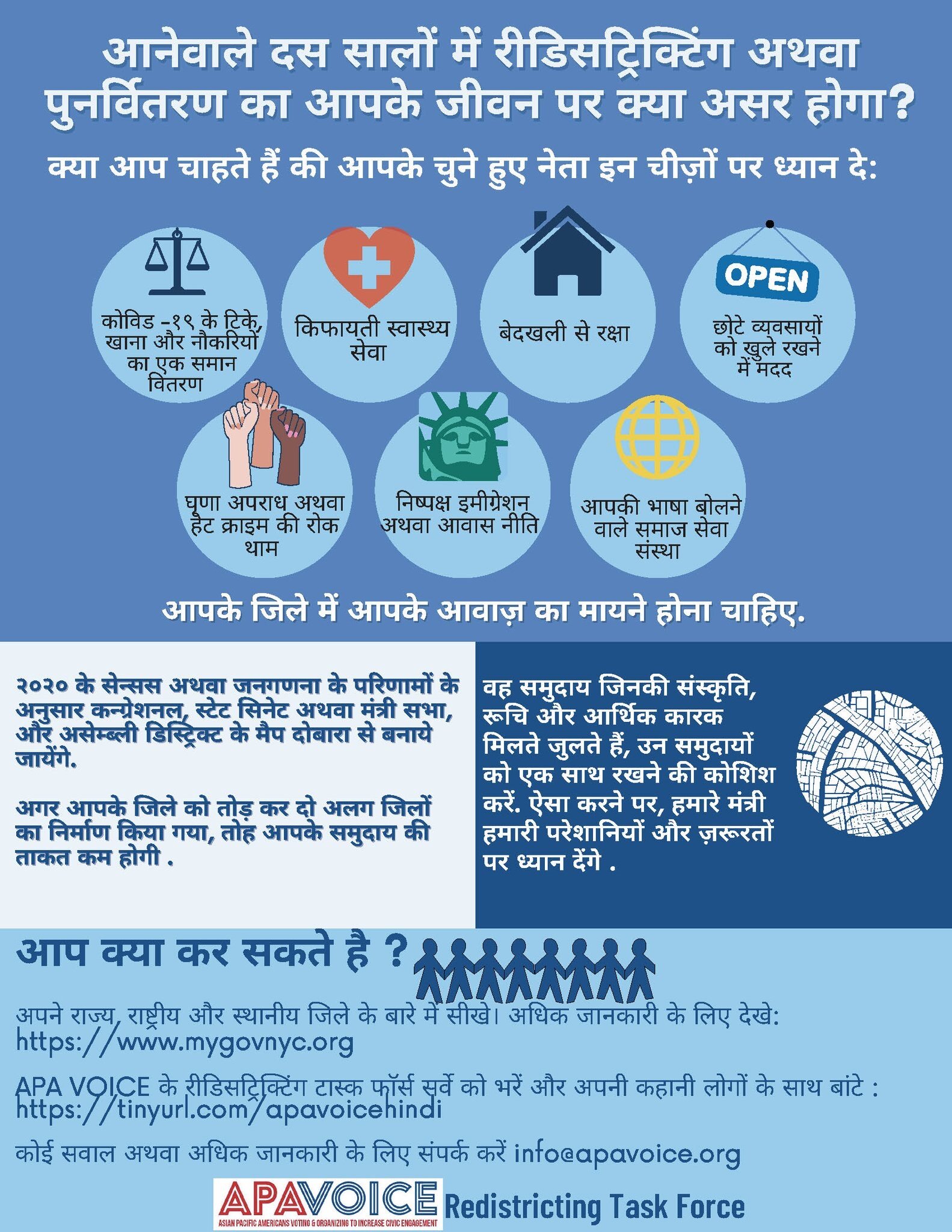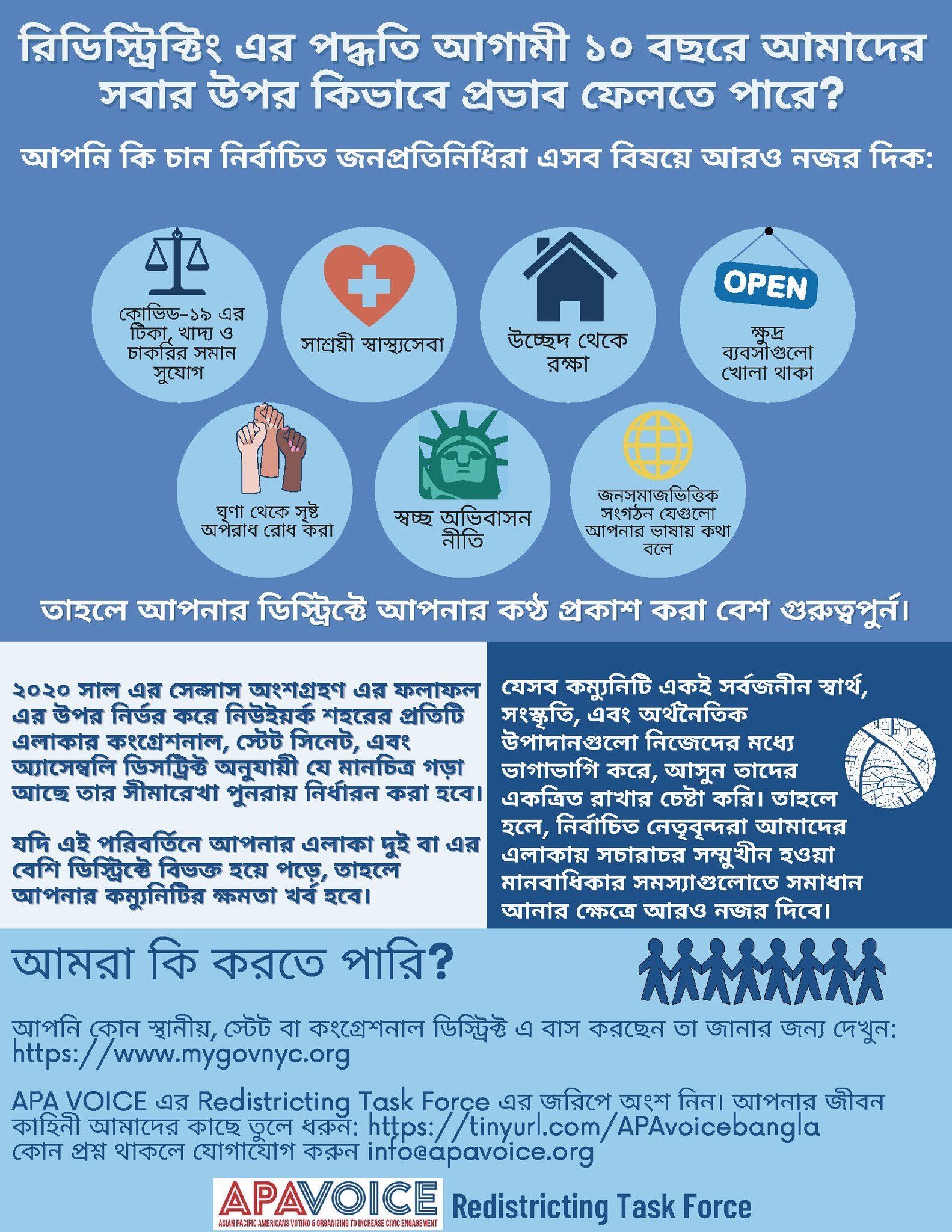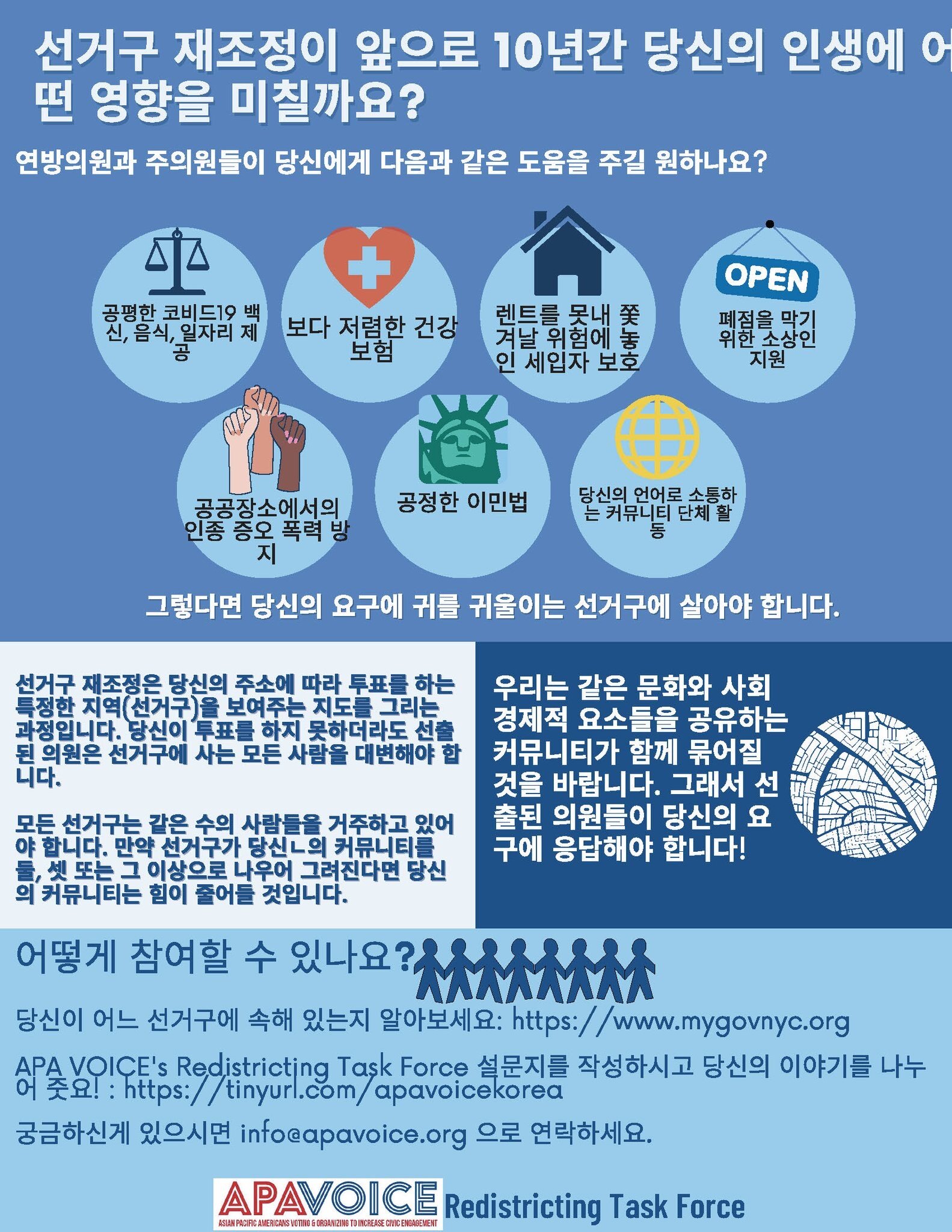Photo by @Blackfemmephotographer
Photo by @Blackfemmephotographer
Since 2015, the Caribbean Equality Project has built political power through civic engagement, voter registration, public education, and legislative advocacy. The organization fosters civic participation and promotes education to build collective political power for Afro and Indo-Caribbean LGBTQ+ immigrants and Caribbean-Americans at the neighborhood, city, state, and national levels. Annually, the organization registers eligible voters, coordinates political candidate forums, organizes voter education community events, and works with allied community partners to amplify Black and Brown Queer and Trans Caribbean voices in New York City.
The Caribbean Equality Project's civic engagement work is hyper-local in Caribbean-centric neighborhoods in NYC, such as Little Guyana in Richmond Hill, Queens, Little Caribbean in Flatbush, Brooklyn, and Castel Hill and Soundview in The Bronx. The organization leads and collaborates with community-based partners, faith-based institutions, and civic groups to organize direct actions to mobilize documented and undocumented LGBTQ+ community members and their families to engage with elected officials through town halls, community board meetings, and city and state hearings, regardless of their immigration status or voter eligibility.
APA VOICE Redistricting Task Force
Caribbean Equality Project is a proud coalition member of the Asian Pacific American Voting and Organizing to Increase Civic Engagement’s (APA VOICE) Redistricting Task Force. In 2021, the organization joined the APA VOICE coalition to ensure that the interests of Indo and Afro-Caribbean immigrants are centered in the NYC City Council districts. In 2010, advocates rallied for Richmond Hill/ South Ozone Park to be united into one council district. 10 years later, Richmond Hill, Ozone Park, and South Ozone Park continue to be divided into 3 Council Districts (Council Districts 28- Adams, 29- Schulman, and 32- Ariola).
What is Redistricting?
Every 10 years after the decennial census, New York draws new maps for city, state, and congressional districts. This process, known as redistricting, is critical for ensuring fair representation and access to resources like healthcare, education, transportation, jobs, housing, and public safety for all New Yorkers.
Why is NYC Council Redistricting important?
In 2022 and beyond, the Caribbean Equality Project is committed to continuing to build political power in NYC and Redistricting is one way for us to do so. For the next 10 years, redistricting will impact access to COVID-19 relief, funding for our schools, fair immigration policy, support for small businesses, nonprofit services, and so much more. Caribbean immigrants (documented and undocumented), Caribbean-Americans, and LGBTQ+ people must be visible and active in this process to ensure our concerns are not ignored.
NYC Council Redistricting Impacts:
WHO RUNS TO REPRESENT THE DISTRICT
WHICH VOTERS LIVE IN THE DISTRICT
WHO GETS ELECTED THAT WILL MAKE DECISIONS IMPORTANT TO OUR COMMUNITY
WHETHER THIS ELECTED OFFICIAL WILL RESPOND TO OR IGNORE OUR COMMUNITY NEEDS
The New York City Districting Commission
The City Charter requires the City Council and the mayor to appoint an independent Districting Commission every 10 years, following the decennial census. The process ensures council districts continue to reflect population and demographic changes. After the commission is constituted, commission members and their staff will begin meeting to review all relevant laws, regulations, and the most recent census data. After a series of public hearings and meetings, the commission will develop a final plan, which must be submitted to the City Council by the end of the year.
New York City Districting Commission.
The commission — comprised of seven members appointed by the mayor and eight members appointed by the City Council — will be tasked with redrawing council district boundaries in advance of the upcoming City Council elections in 2023.
Mohamed Q. Amin, Founder and Executive Director, Caribbean Equality Project
Our founder and Executive Director, Mohamed Q. Amin, represented the Caribbean Equality Project for the launch of the APA VOICE’s Redistricting Task Force Campaign for City Council Redistricting with Five Community Briefings in Brooklyn, Queens, and Manhattan. The Launch was held on April 5, 2022, on the steps of City Hall. Press Release.
“Richmond Hill and South Ozone Park are home to both the largest South Asian and Indo-Caribbean communities in Queens, the fastest-growing immigrant population in New York City. These communities of interest are unjustly divided into 3 City Council districts: 28, 29, and 32. These district lines have diluted our political power, vote, and voice for decades. In 2020, at the peak of the COVID-19 pandemic, Richmond hill had the highest positivity rate in NYC. Yet, the city failed to protect our community, neighbors, and loved ones.
Our families died due to a lack of culturally-responsive COVID-19 resources, access to testing and vaccination, and language accessibility. From Health disparities, immigration, and food insecurity to housing, economic disadvantages, and political disenfranchisement, our elected officials have neglected Richmond Hill and South Ozone Park.
Today, I am calling on the NYC Redistricting Commission to hear our voices and bring Justice to Richmond Hill. We deserve equity in the New York City Council Redistricting process. We deserve to be kept whole, united, and not divided.” - Mohamed Q Amin- Founder & Executive Director





